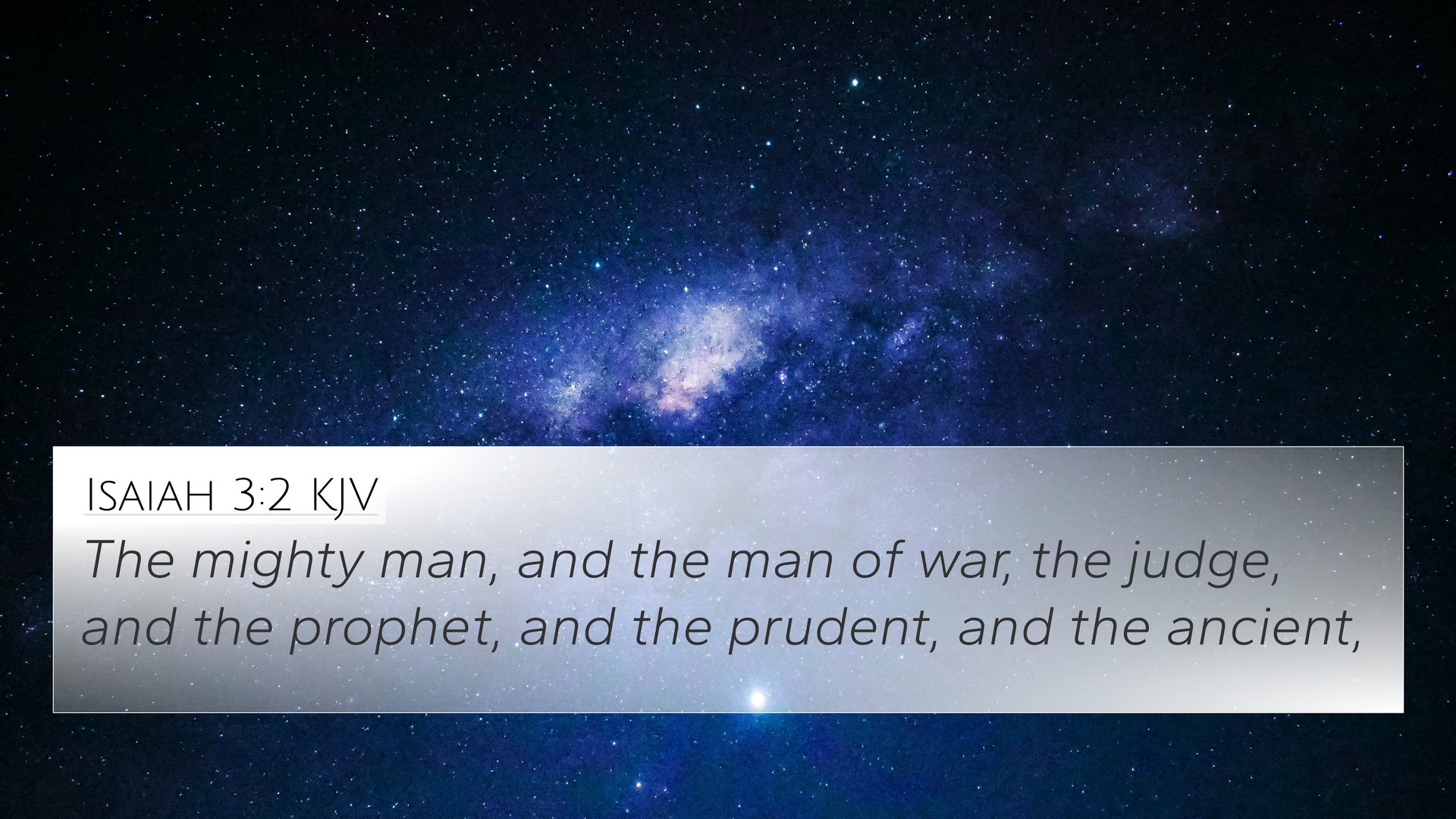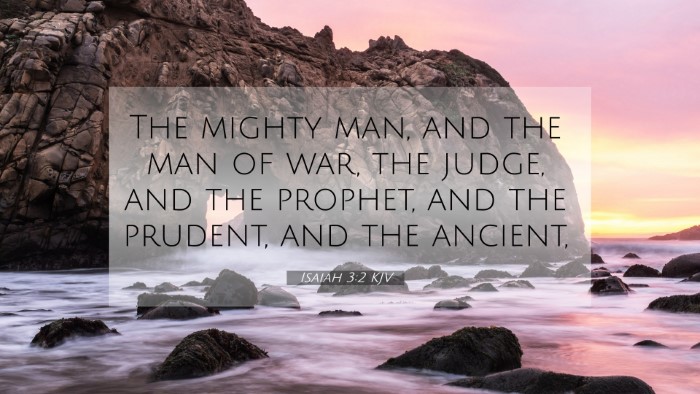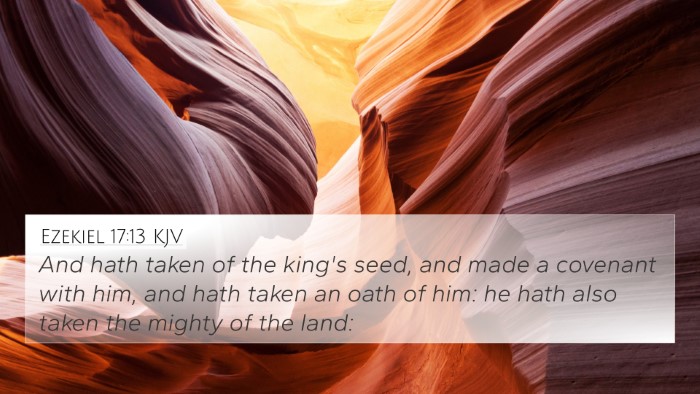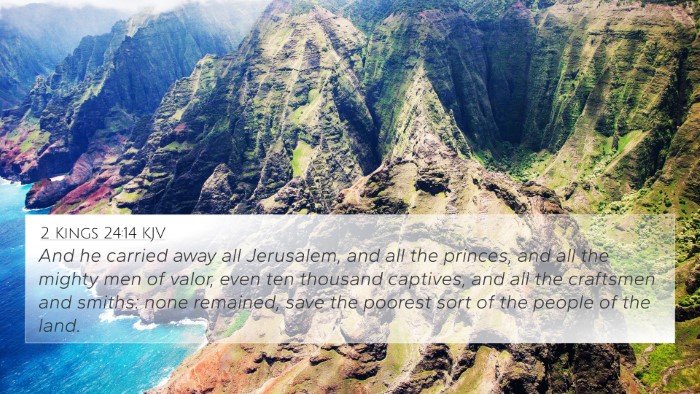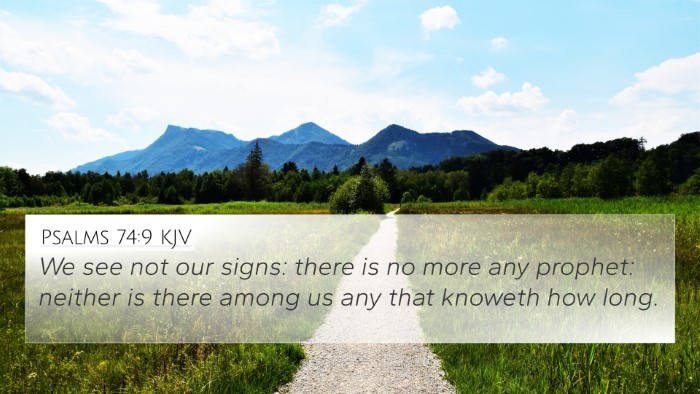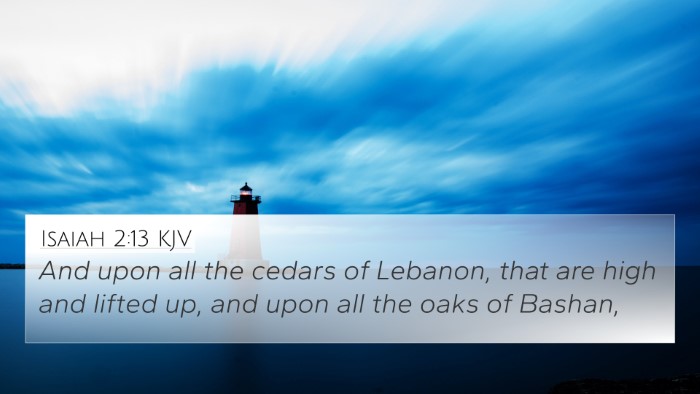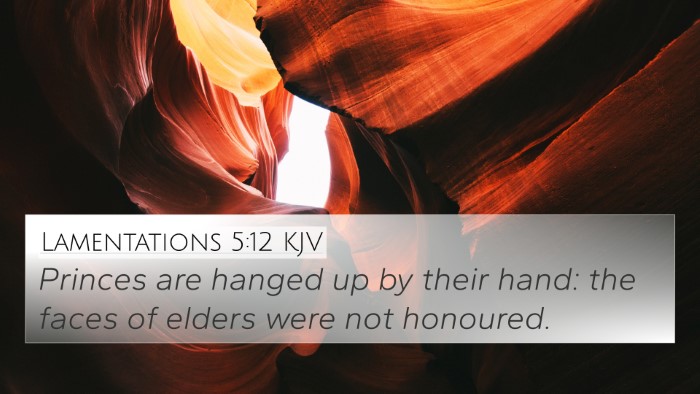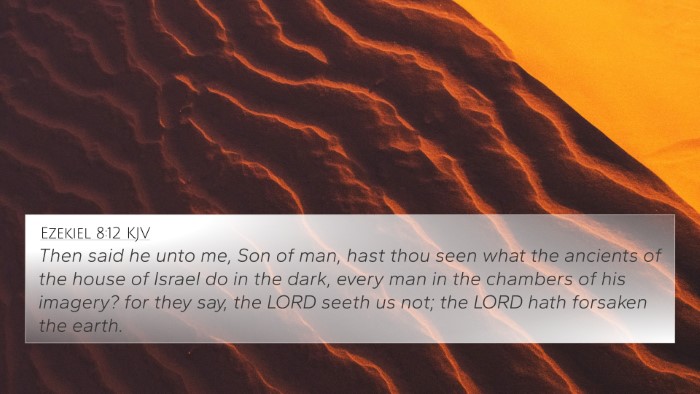Understanding Isaiah 3:2
Isaiah 3:2 states: "The mighty man, and the man of war, the judge, and the prophet, and the prudent, and the ancient." This verse serves as a profound reflection on the social structure and leadership in Israel during a time of impending judgment. The verse lists various leaders and influential figures, emphasizing their roles and the disintegration of these societal pillars in the face of divine punishment.
Verse Context and Meaning
This verse is part of a larger prophetic discourse in the book of Isaiah, where the prophet communicates God's concerns regarding the moral and spiritual decline of Jerusalem and Judah. According to the commentaries:
- Matthew Henry notes that this verse illustrates a time when God would take away strong figures, such as warriors and judges, highlighting the impending chaos in society.
- Albert Barnes elaborates that the removal of these leaders signifies the withdrawal of God’s protection and guidance, leading the people into vulnerability and turmoil.
- Adam Clarke emphasizes the importance of each title listed, indicating how the strength and wisdom of the community were to be dismantled, indicating the weight of accountability upon these leaders.
Cross-References Related to Isaiah 3:2
Here are some related Bible verses that align with the themes expressed in Isaiah 3:2:
- Jeremiah 5:5 - Highlights the quest for wisdom among the people and their lack of knowledgeable leaders.
- Micah 3:1-3 - Addresses the corrupt practices of rulers and their failure to shepherd the nation.
- Ezekiel 7:26 - Discusses the absence of prophecy and vision, aligning with the loss of divine wisdom mentioned in Isaiah.
- 1 Kings 22:8 - Emphasizes the importance of prophets in guiding kings, relevant to the prophetic mention in Isaiah 3:2.
- Isaiah 29:14 - Speaks to the fading wisdom and understanding among the people, a theme echoed in the loss of prudent leaders.
- Lamentations 2:9 - Refers to the absence of prophets and vision, mirroring the context of disrupted leadership.
- Proverbs 11:14 - Stresses the necessity of wise counsel, reflecting the need for good leaders in society.
Insights from Commentaries
Exploring the insights from various Bible commentaries provides a deeper understanding of Isaiah 3:2:
- Matthew Henry's Commentary: He stresses the significance of the judgment on leadership, indicating that righteous leaders are crucial for societal stability.
- Albert Barnes' Notes: He argues that the verse implies a reversal in the roles of society due to moral decay and God’s retribution.
- Adam Clarke’s Commentary: He outlines that the absence of mentionable leaders points towards a broader divine judgment on not just individuals but the collective morality of the society as well.
Thematic Connections and Lessons
The themes within Isaiah 3:2 offer invaluable lessons for modern interpretation:
- Leadership and Responsibility: The importance of righteous leaders who guide their communities cannot be overstated. The verse reminds readers of the impact of leadership on the moral fabric of society.
- Divine Judgment: Reflecting on God’s judgment is a timeless theme that urges self-examination within communities.
- Vulnerability of Society: When leaders fail, the community is at risk. It underscores the need for accountability and righteous discernment in leadership roles.
Cross-Referencing Insights
For those interested in understanding the connections between Bible verses, this passage serves as a springboard for deeper analysis. Techniques for effective cross-referencing can enrich personal Bible study:
- Utilize a Bible Concordance: Finding key terms such as "prophet," "warrior," and "judge" can reveal additional scriptures that share similar themes.
- Engage in Thematic Studies: Grouping verses by themes, like leadership and judgment, encourages a broader understanding of God's message throughout Scripture.
- Assess Inter-Biblical Dialogues: Cross-referencing can shed light on the unity and diversity of Biblical teachings, encouraging readers to explore how Old Testament messages resonate in New Testament writings.
Conclusion
Isaiah 3:2 serves not only as a profound statement about the societal structure during a critical period but also opens up pathways for understanding the importance of righteous leadership and divine oversight. The insights garnered from public domain commentaries enhance the understanding of this verse, showing how deeply interconnected the scriptures are through themes of leadership, accountability, and the consequences of moral decay.
As you explore this verse, consider utilizing a Bible cross-reference guide to deepen your study and draw connections to other Biblical texts, enhancing your spiritual growth and understanding.
